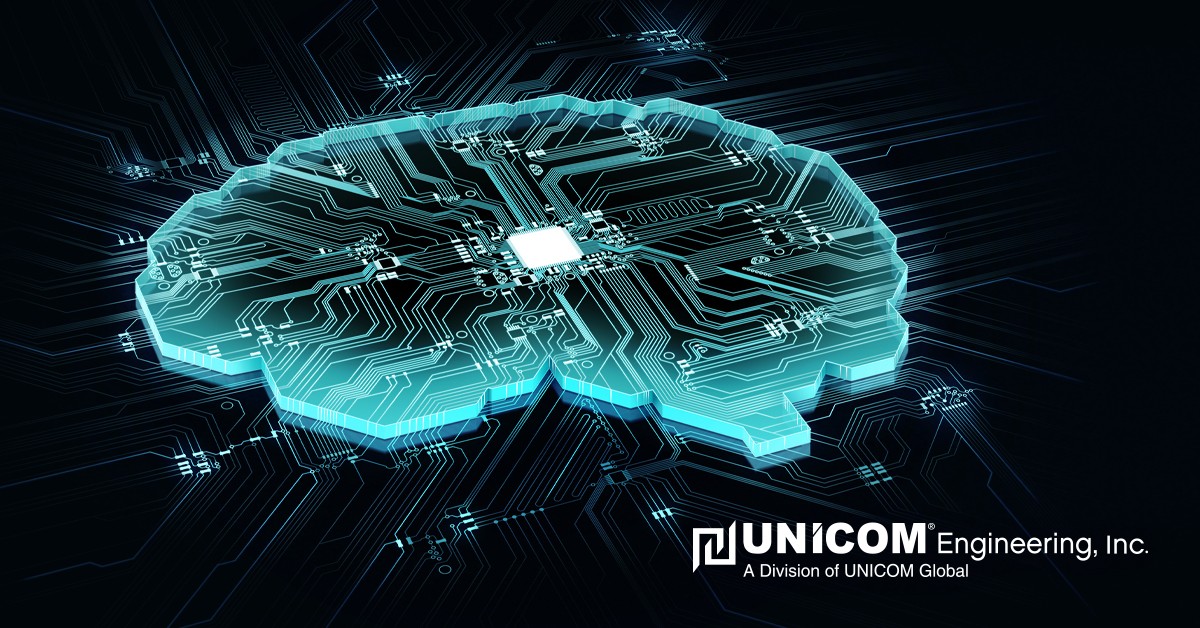Artificial Intelligence is essential to the digital age as more organizations realize its potential and its benefits in helping drive improved customer experiences, increase revenues, and reduce costs. That said, the underlying processors must be powerful enough to parse enormous data sets quickly and efficiently.
The latest 3rd Gen Intel Xeon Scalable processors are the industry's first mainstream server processors specifically designed for AI and analytics workloads running in the data center, network, and intelligent-edge environments. This revolutionary line of processors makes AI inference and training more widely deployable than ever before.
Intel's 3rd Gen Processors are Powered for AI
With AI becoming a critical capability to next-gen solutions, the experts at Intel have intensified their focus on the key attributes that make for better and faster processing. The latest line of processors offers built-in AI acceleration, and they're built to work with the most popular AI frameworks. These processors provide a seamless performance foundation to accelerate data's impact from the edge to the cloud. So, it is no surprise that the new 3rd Generation Xeon Scalable Processors have packed in more AI capability than ever.
Generational Improvements in Intel Xeon Processors
Machine Learning
Intel has not been shy about targeting multiple AI metrics and applications, and 3rd Gen Intel Xeon Scalable processors are designed to equip organizations with the best tools to forge a path to the future. For Machine Learning (ML) workloads, Intel's software acceleration, known as Intel Distribution for Python, can deliver up to 100x gen-over-gen performance gains.
Therefore, companies with new or existing ML initiatives can reap the benefits of 25% faster gen-over-gen, end-to-end performance at all data science phases. This means better feature engineering and faster inferences. With better processing, systems can be tested and run more rapidly. This advance also serves to optimize time and maximize output.
Robust Lifecycle Management
Lifecycle management is essential to servicing and growing your solution. A partner should assess your total solution to optimize and streamline all aspects of the deployment, from solution design to support and maintenance. In addition, with visibility into partners' roadmaps, they should design with long-life parts, motherboards, and chassis to minimize development costs. When parts become obsolete, forcing a re-design, your partner should work to ensure that the highest levels of backward compatibility are designed into the system through regression testing. This approach ensures you receive the highest benefit in maintaining control over hard costs in the supply chain and soft costs that arise in developing, deploying, and supporting solutions worldwide.
Deep Learning
And for deep learning (DL) workloads, Intel has improved its DL Boost and optimized its related software to provide more than a 10x gen-over-gen improvement. As a result, Intel can process more extensive datasets, allowing for better accuracy in AI predictions and deeper insights.
Thanks to Intel's improved DL Boost, applications like speech recognition, image classification, language translation, and object detection can all benefit. These improvements are better enabled by Intel's suite of AI frameworks and libraries and its enhanced Open VNNI performance.
Under the hood of their 3rd generation of Xeon Scalable processors, Intel now offers 32 double-precision and 64 single-precision floating-point operations per clock cycle. This kind of enhanced vector capability is designed to handle even the most demanding computational workloads.
Throughput and Memory Handling
In addition, Intel has upgraded to PCIe 4.0 architecture for better throughput and now offers its Optane Persistent Memory (PMem). With PCIe 4.0, the lanes of data feeding the CPU are doubled, and with PMem, data remains safely stored, even in the event of power loss. The net result is a larger, more reliable stream of data than ever available to the CPU for processing.
Taking Advantage of Intel AI for AI Processing
A sign of how quickly AI has moved from a futuristic idea to real-world application is one of the critical aspects of 3rd Gen Intel Xeon Scalable processors. The latest processor family offers the most robust processing and storage capabilities for your AI-based solutions. It enables companies from all industries to effectively leverage the power of artificial intelligence and deploy it successfully.
As both an Intel Technology Provider and a Dell Technologies OEM Solutions Titanium Partner, UNICOM Engineering has been driving seamless transitions with our partners for decades. Our wide-ranging expertise allows our customers to implement their solutions quickly and efficiently without needing to navigate the risks associated with bringing new products to market. Learn more about how UNICOM Engineering can help you transition to next-generation technologies like AI. Contact us for more information by visiting our website and scheduling a consultation.
